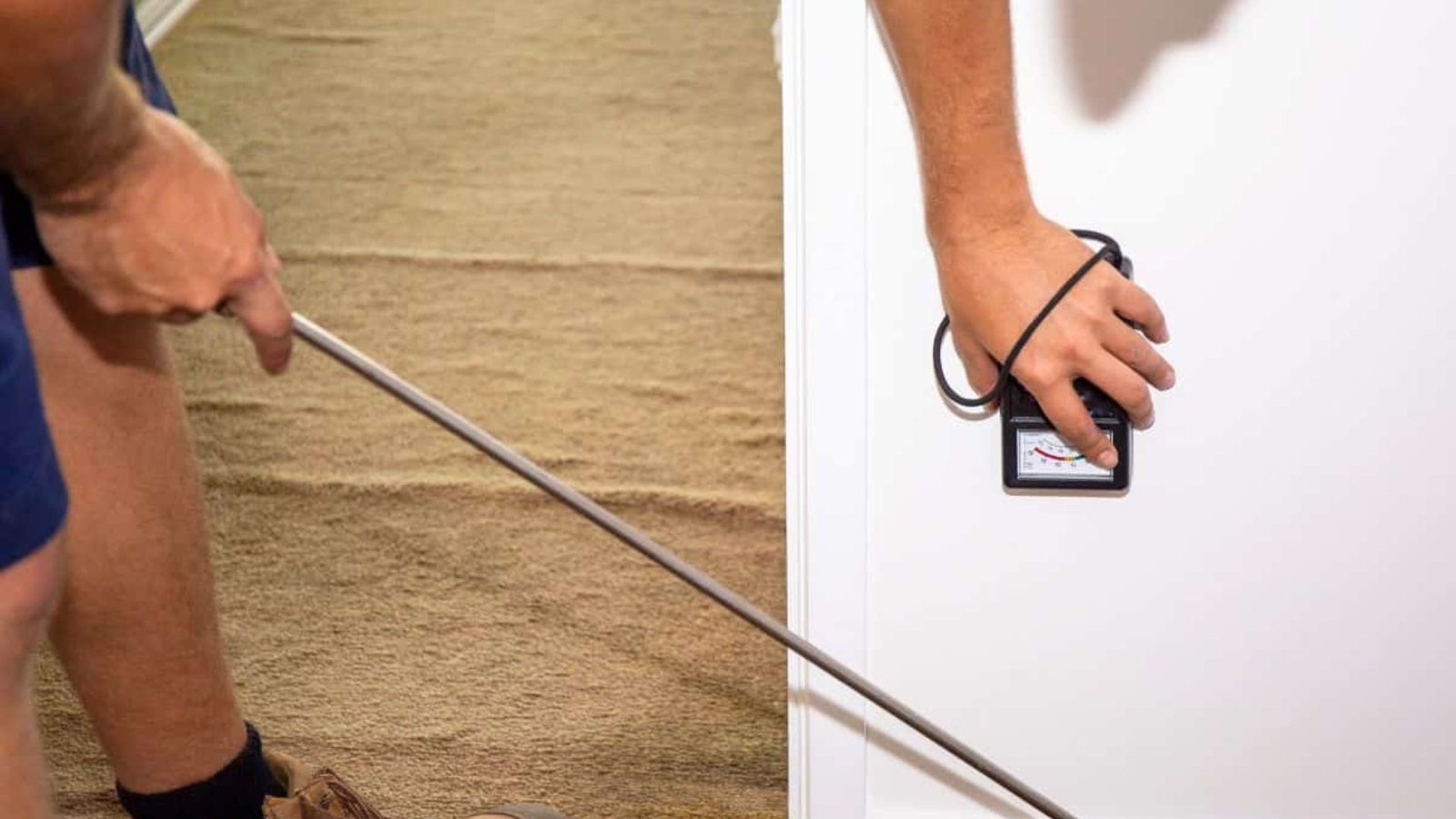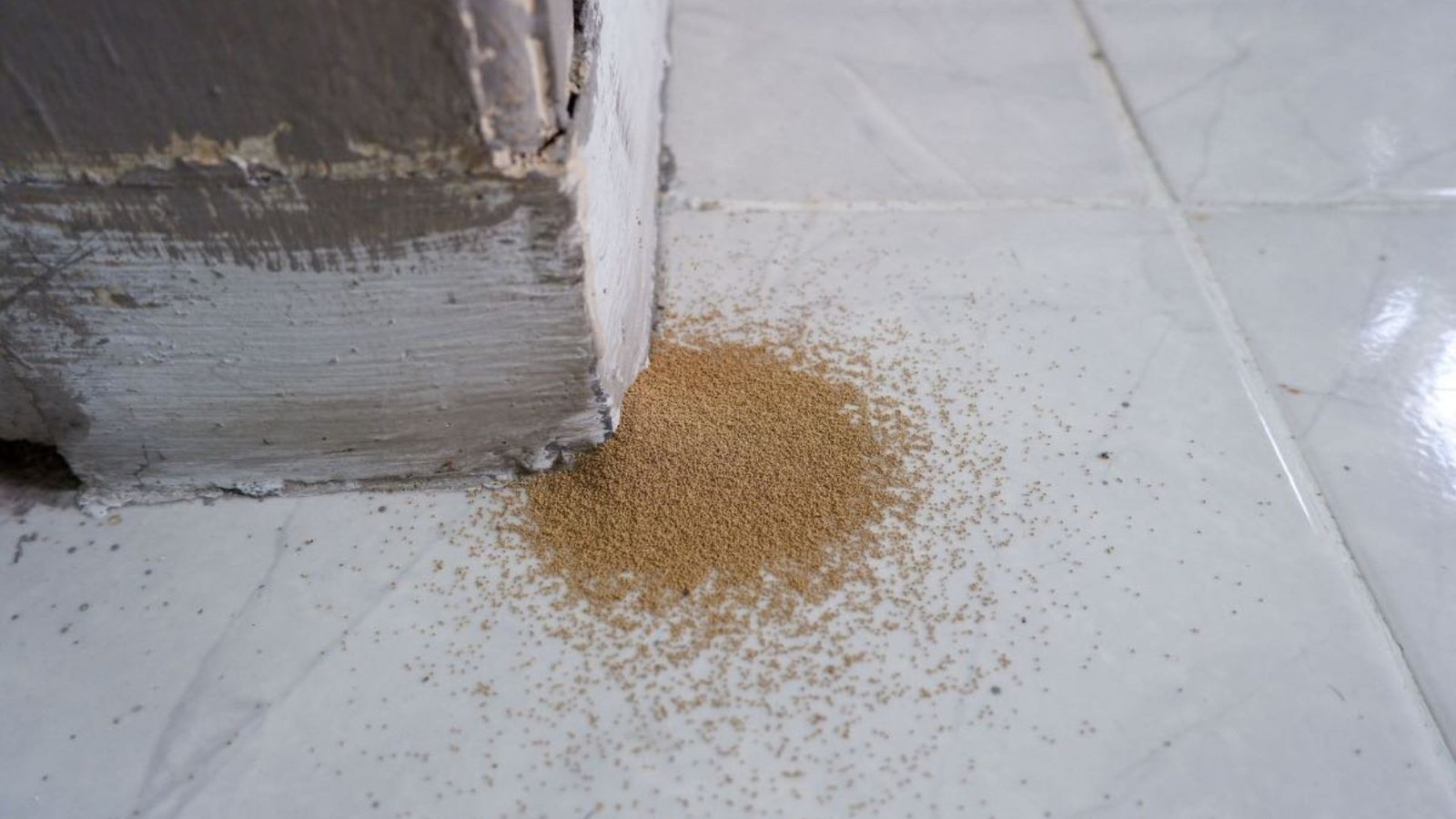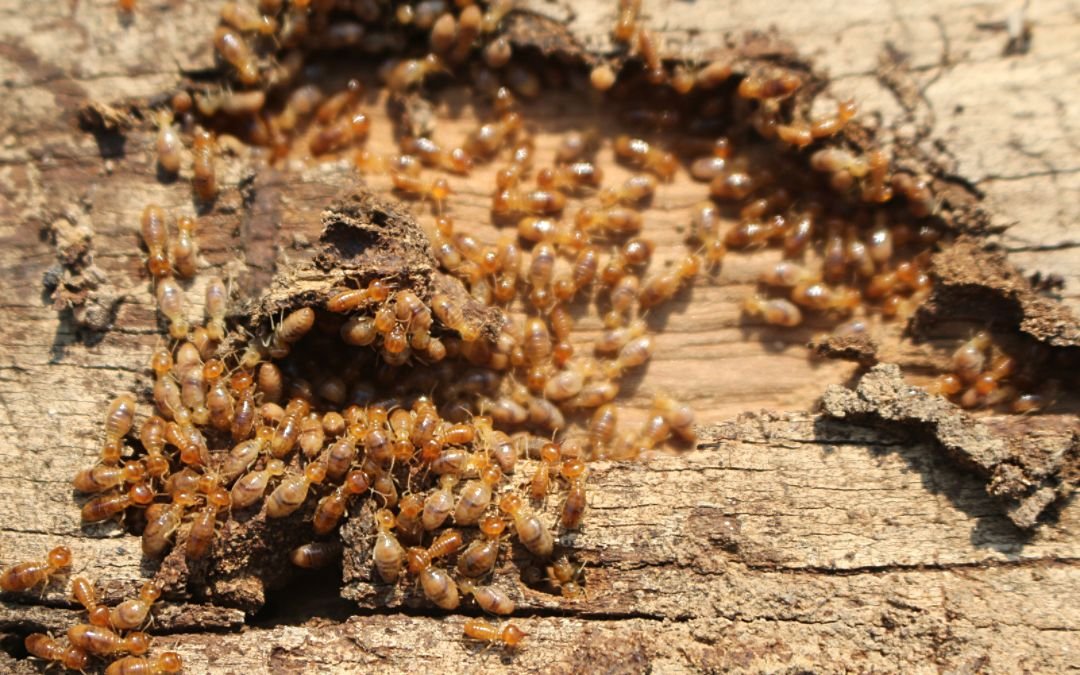Termites are one of the most destructive pests in a home. They silently feed on the wood structure, often without being noticed until the damage is significant. This is why regular termite inspections are crucial for protecting your property. In this article, we’ll explain why you should have regular termite inspections and how they can save you from expensive repairs and future headaches.

1. Early Detection Saves You Money
One of the main reasons to schedule regular termite inspections is to catch problems early. Termites can do a lot of damage before you even notice they are there. If you wait until you see signs like wood damage or visible tunnels, it could be too late to prevent major structural issues.
- Prevention is cheaper than repair: Detecting termites early allows you to deal with them before the damage gets worse. The cost of treatment and repairs will be much lower when termites are caught early.
- Minimal damage: Regular inspections help ensure that any termite activity is spotted before it causes expensive repairs to your home’s structure.
2. Termites Can Cause Severe Structural Damage
Termites feed on wood, which means they can weaken the very structure of your home. Wooden beams, flooring, and walls can be compromised over time, leading to a collapse if the infestation is severe. Regular inspections help prevent termites from causing irreversible damage to your home’s foundation and supports.
- Structural integrity: Your home’s safety relies on strong wooden supports. Regular termite inspections ensure that termites haven’t weakened those critical components.
- Long-term safety: Catching a termite problem early helps maintain the overall safety of your home, preventing potential structural failures in the future.
3. Detecting Hidden Infestations
Termites often infest areas that are difficult to see or access. They typically enter through foundations, walls, or crawl spaces—places where it’s easy for them to go unnoticed. A regular termite inspection allows professionals to check hidden areas and detect any signs of an infestation before it becomes widespread.
- Hard-to-reach areas: Professional inspectors are trained to examine areas like attics, basements, and crawl spaces, where termites are most likely to hide.
- Thorough inspection: Regular inspections ensure that every part of your home is checked, even those areas that are not immediately visible.
4. Peace of Mind
Knowing that your home is free of termites or that you have caught an infestation early gives you peace of mind. You won’t have to worry about hidden damage or the risk of future termite problems. Routine inspections allow you to sleep soundly, knowing that your home is protected.
- Stress-free living: Regular termite inspections help you feel secure in your home, without the constant worry about termites eating away at your property.
- Ongoing protection: When inspections are done regularly, you can trust that your home is being kept safe from termites year-round.
5. Protecting Your Home’s Value
Termite infestations can significantly lower your home’s value. If termites are detected during a home sale, they can be a major deal-breaker for potential buyers. A home with termite damage may require costly repairs that could be a turn-off for buyers.
- Higher resale value: Keeping up with regular termite inspections ensures that your home stays in good condition and retains its value.
- Avoiding negative impacts on sale: Regular inspections help you catch and fix any issues before listing your home, giving you a better chance to sell it at a fair price.
6. Termite Damage Isn’t Always Visible
One of the biggest challenges with termites is that the damage isn’t always easy to see. These pests can hide inside walls, floors, and beams, silently chewing away at the wood. This makes it easy to miss an infestation, even when you’re checking your home regularly.
- Invisible damage: While termites feed on the wood inside the structure, the outer layers often remain intact, making it difficult to detect their presence.
- Inspection tools: Professional inspectors use specialized equipment, such as moisture meters and thermal cameras, to detect signs of termite activity in hidden areas.
7. Preventing Future Infestations
Regular termite inspections don’t just help identify current infestations—they can also prevent future ones. Pest control professionals can suggest treatments, like barriers or repellents, that can make your home less attractive to termites. Preventive treatments are often less expensive and easier to manage than dealing with an active infestation.
- Preventive measures: An inspection may reveal areas where termites could enter your home, allowing for corrective action before an infestation begins.
- Long-term protection: Regular inspections can ensure that your home stays termite-free for the long term, giving you the best possible protection.
8. Homeowners Insurance May Not Cover Termite Damage
Many homeowners’ insurance policies do not cover damage caused by termites. This means that if termites damage your property, you could be responsible for paying for repairs out of your own pocket. Regular termite inspections help you avoid this situation by ensuring that termites don’t cause widespread damage.
- Avoid unexpected costs: Homeowners who don’t have regular termite inspections may face unexpected repair costs if termites damage their home. Having an inspection schedule can help you avoid these financial surprises.
- Insurance policies: Check your homeowner’s policy to see if termite damage is covered. In most cases, proactive inspections and treatments are the best way to protect your property.
9. Keeping Your Home Safe from Other Pests
Termite inspections often uncover signs of other pests, like carpenter ants or rodents, that can also cause damage to your home. By keeping up with regular termite inspections, you can sometimes spot other pest issues early and take action before they cause further harm.
- Pest control in general: Regular inspections help maintain a healthy and pest-free environment by catching any signs of infestation before they get out of hand.
- Overall protection: A professional inspection goes beyond termites and may uncover other potential threats to your home, providing a comprehensive approach to pest control.
Conclusion
Regular termite inspections are an essential part of home maintenance. They help catch infestations early, prevent significant damage, and ensure your home remains safe and secure. By scheduling routine inspections, you can protect your home’s structure, value, and your peace of mind. Don’t wait until it’s too late—make termite inspections a regular part of your home care routine to keep your property safe from these silent destroyers.




